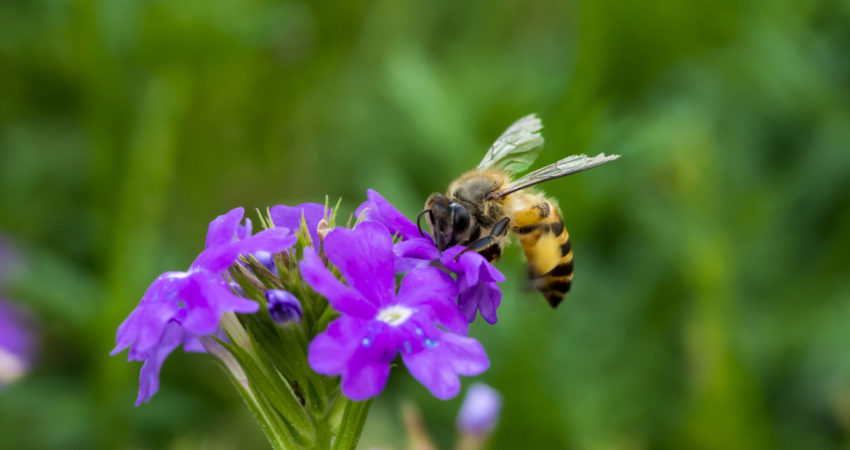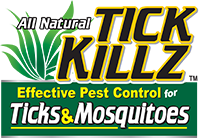Archives
Select Archives- March 2021
- July 2019
- June 2019
- May 2019
- March 2019
- February 2019
- January 2019
- November 2018
- October 2018
- September 2018
- July 2018
- June 2018
- May 2018
- April 2018
- March 2018
- February 2018
- January 2018
- December 2017
- November 2017
- October 2017
- September 2017
- August 2017
- July 2017
- June 2017
- April 2017
- March 2017
- February 2017
- January 2017
- December 2016
- November 2016
- October 2016
- September 2016

The Harmful Effect of Pesticides on Our Bee Population
It has been known for years that our bee population has been declining at an alarming rate. Given the role bees play in our ecosystem as pollinators of flowering plants that essentially keep our food production system running, the widespread death of bees can have a devastating impact on humans if the trend continues. The decline in the bee population was shrouded in mystery towards the initial discovery of the trend, but research has provided the emergence of evidence pointing towards different factors that may be responsible.
Two industry-funded studies have resulted in evidence that widely-used pesticides known as neonicotinoids are extremely harmful to the bee population. While pesticides have obviously been a key culprit even during initial speculation, it’s not so simple to study the real world effect of pesticides applied to a field of crops on bees, as it is difficult to determine and recreate the doses typically ingested by the bees in a laboratory environment. However, these recent studies were the largest ever field trials conducted in Europe and Canada, and the results are fairly clear.
Neonicotinoids are the most common insecticide in the world. They were invented and quickly popularized in the 1980’s, primarily due to their “systematic” property, meaning they circulate through the whole plant and kill bugs immediately once they ingest any part of the plant. However, it’s this very systematic nature that makes neonicotinoids so dangerous for the bee population, as this kind of insecticide can spread to the nectar or pollen of a flowering plant.
The field studies were carried out over 33 different agricultural sites in various areas of Europe, where each site was randomly assigned to be treated with nicotinoid pesticides or to not be treated at all. The teams evaluated 3 different bee species, including honeybees; results differed between species and location, but the overall findings showed negative effects across all species. Honeybee hives were shown to be less likely to survive during the winter, while the wild bees reproduced less. The scientists noted that the pesticides didn’t necessarily kill the bees directly, but rather made them far more vulnerable to environmental or disease related factors when exposed to low levels of the pesticides.
These results are likely to influence the upcoming decision by the EU for a potential widespread ban of neonicotinoids, with a temporary ban having already been enacted since 2013. Scientists insist that simply restricting the use and not completely eliminating it will continue to negatively impact the bee populations with persistent, continued exposure. It is vital that the necessary measures are put into place soon, as our ecosystem and food chain cannot risk the continued decline of such an important insect as the honeybee.
Interested in using a pesticide that is safe for beneficial insects like bees? Protect your house and property with Tick Killz, an all-natural pest killer that only targets nuisance insects like ticks, mosquitoes, and fleas. Visit their website to find Tick Killz at a retailer online or near you.
